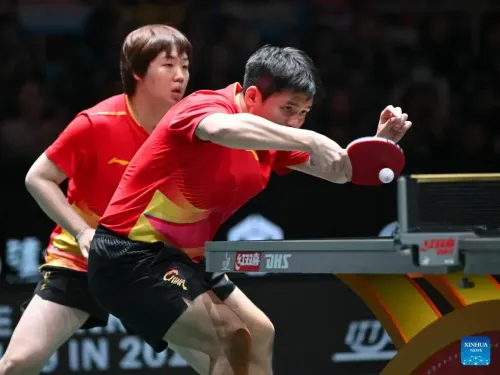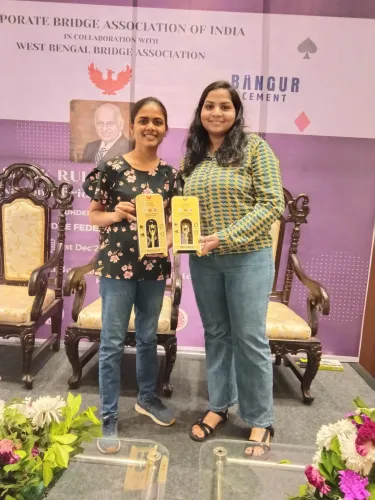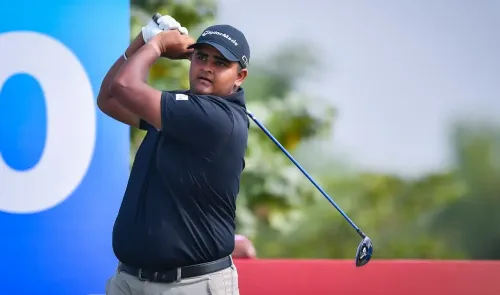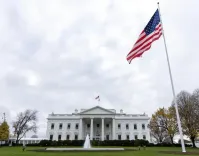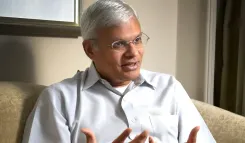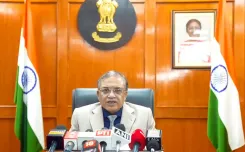Was the 1998 Asiad Silver a Turning Point for Indian Women’s Hockey?
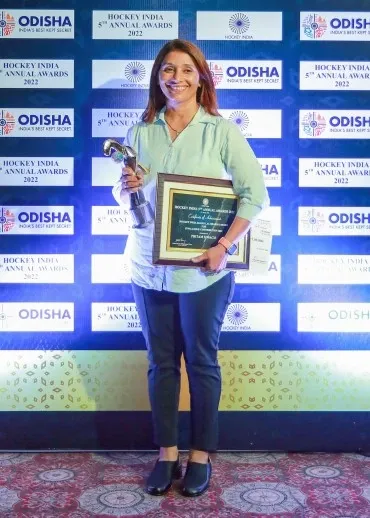
Synopsis
Key Takeaways
- 1998 Asian Games silver medal marked a pivotal moment for women’s hockey in India.
- Increased support and facilities have empowered female players significantly.
- Pritam Siwach is actively mentoring the next generation of hockey talent.
- Future goals include Olympic qualification through success at the Asian Games.
- Grassroots development is crucial for the sport's future success.
New Delhi, May 8 (NationPress) As Hockey India commemorates 100 years of the sport, former captain of the Indian women's team, Pritam Siwach, reminisced about the extraordinary evolution of women's hockey in India, attributing the 1998 Asian Games silver medal as a pivotal moment in the sport's history.
“We recognized that for many of us, the 1998 Asian Games would likely be our final major competition before retirement. After a long 13-year wait without a medal, we were determined not to leave without one. Therefore, in the two years leading up to the Asian Games, we meticulously focused on every detail to ensure we returned with a medal,” Pritam shared with Hockey India.
She continued, “The moment we clinched that silver, we understood it marked a significant turning point for women’s hockey in India. Since then, the trajectory has only improved.”
Pritam emphasized that the team's dedication for the 1998 Asian Games bore fruit, paving the way for future accomplishments, including the silver medal at the 1999 Asia Cup and the historic gold at the 2002 Commonwealth Games.
She thanked Hockey India and the government for initiating a transformative era in women’s hockey. “A lot has evolved for players since my time in the Indian team. The current women's team enjoys superior facilities and a robust support system, which we lacked. Today’s players are incredibly talented, benefiting from grassroots development initiatives, sports science, an expanded coaching staff, trainers, and even psychologists—resources that were absent during our playing days.”
When discussing the importance of mentoring the next generation and shaping the future of Indian hockey, Pritam remarked, “I feel fortunate that my children are also involved in hockey. Few parents who have competed at a high level get to influence the next generation.”
Pritam is optimistic about the future of the Indian women’s team and believes that with the right focus and support, they can achieve Olympic success.
“If our men’s team can secure an Olympic medal, so can our women’s team. Our next major objective should be to win gold at the Asian Games to ensure qualification for the Olympics. With the strong grassroots talent we possess and ongoing efforts at the state and SAI NCOE level, I am confident we can attain this,” she stated.
Through her academy, Pritam is actively empowering the next wave of hockey players. Over the years, she has trained numerous Indian national players, including Olympians Neha and Nisha, as well as promising juniors like Jyoti, Sakshi Rana, and her daughter Kanika Siwach.



